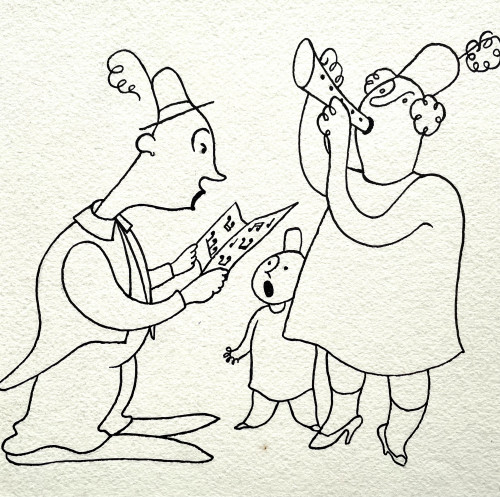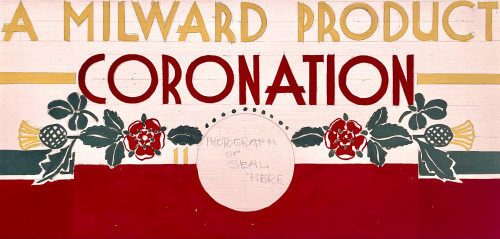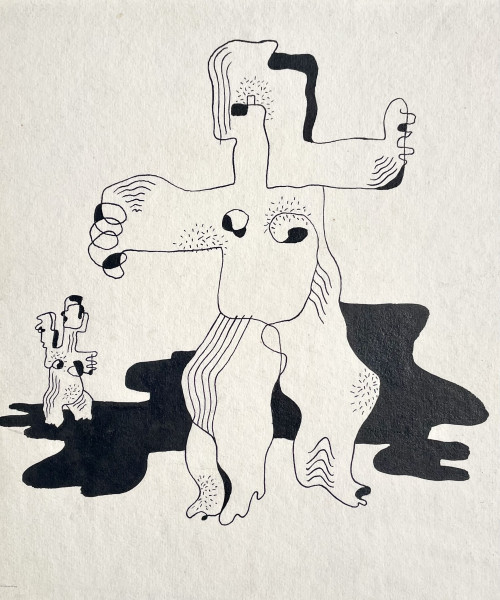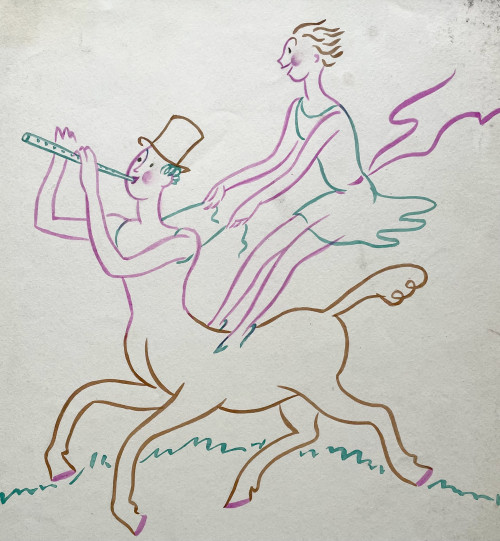- HOME
-
- View All Items
- New Arrivals
- Featured Items
- Artists
-
- View All
- Contemporary
- Birmingham School
- Cotswold Group
- Landscape
- Urban Townscape
- Abstract
- Animals/Birds
- Arts & Crafts
- British Impressionist
- Botanical
- Design/Industrial
- Fantasy/Fairy Subjects
- Female Artists
- Figurative
- Historical
- Illustration/Cartoon
- Marine
- Military/War Artist
- Modern British
- Pre-raphaelite/ Romantic/ Aesthetic
- Nude
- Portrait
- Prints
- Scottish
- Sculpture
- Sporting
- Still Life
- Theatrical
- Interiors/Architectural
-
ARCHIVE
Genre
- View All
- Contemporary
- Birmingham School
- Cotswold Group
- Landscape
- Urban Townscape
- Abstract
- Animals/Birds
- Arts & Crafts
- British Impressionist
- Botanical
- Design/Industrial
- Fantasy/Fairy Subjects
- Female Artists
- Figurative
- Historical
- Illustration/Cartoon
- Marine
- Military/War Artist
- Modern British
- Pre-raphaelite/ Romantic/ Aesthetic
- Nude
- Portrait
- Prints
- Scottish
- Sculpture
- Sporting
- Still Life
- Theatrical
- Interiors/Architectural
- ARTISTS
- Online Exhibitions
- Events
- About
- Contact
- Home
- Genre
- Illustration/Cartoon
- More Toast?
More Toast?
More Toast?
Born in Edinburgh, Sherriffs was educated at Arbroath High School and studied at Edinburgh College of Art, initially specializing in heraldry. He contributed to several magazines, and his caricature of John Barrymore in the Bystander led to a series of illustrations of celebrities for the Sketch which resulted in his being appointed the magazine’s film and theatre caricaturist from 1930 onwards. He also contributed weekly drawings to the Radio Times. He was expected to replace Will Dyson as the editorial cartoonist to the Daily Herald, but instead the position went to his friend, George Whitelaw. After serving with the Tank Regiment in WW2, in 1948, he succeeded J H Dowd as film caricaturist on Punch until his death. He illustrated a few books; and was also an accomplished cricketer. Sherriff described his own distinctive style of drawing: The brush was better than the pen for all manner of drawings, and confirmed my previous conviction that figures and faces were patterns to be studied and memorised - not patiently drawn from life. I regarded caricatures as designs, and the expressions on faces merely as changes in a basic pattern.
Dimensions:
Thank you for your enquiry.
We will get back to you soon.
Please create wishlist to add this item to
RELATED ITEMS














